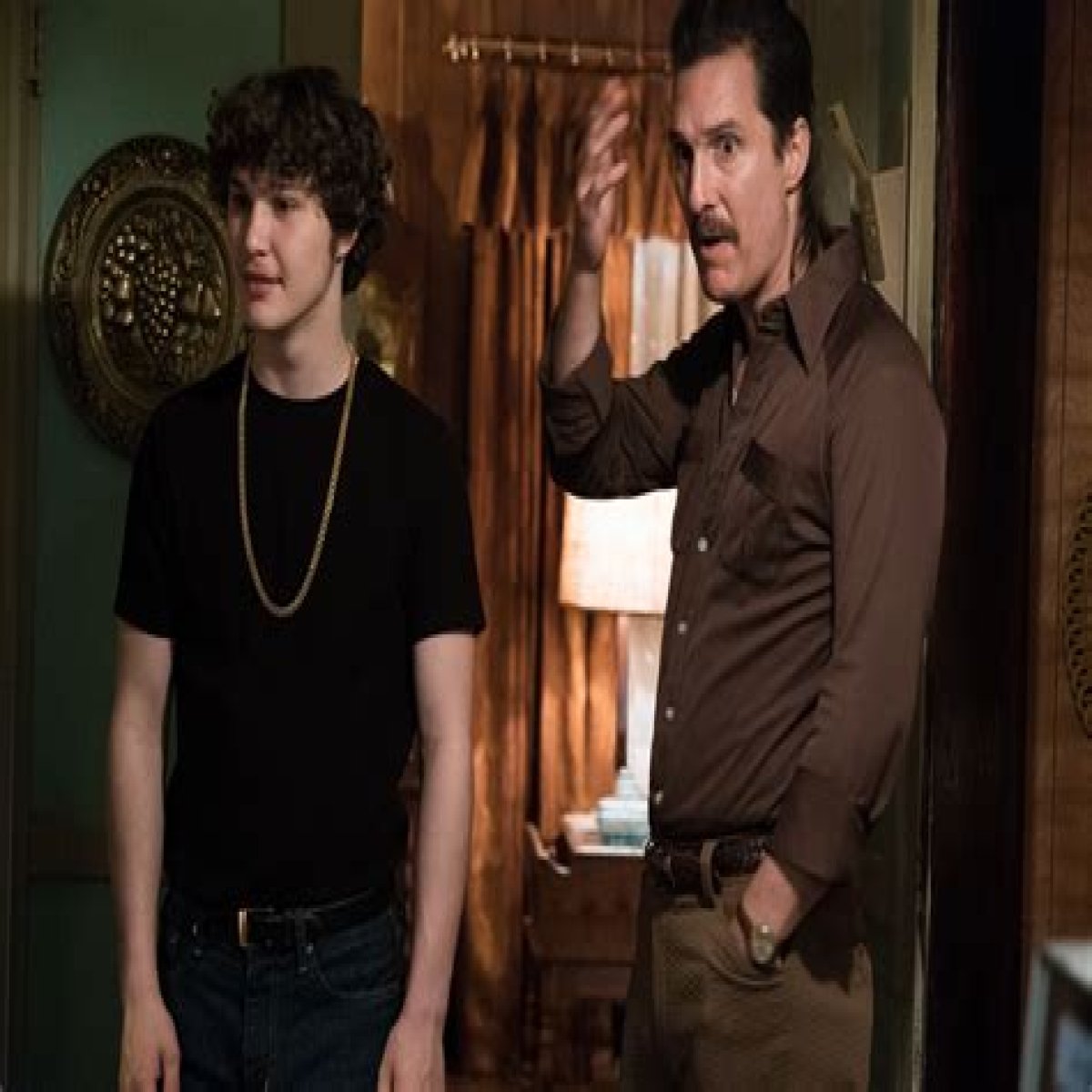What exactly does the term "white boy rick kids" mean? And why is it important?
The term "white boy rick kids" refers to the children of Rick Wershe, also known as "White Boy Rick," a notorious drug dealer from Detroit, Michigan. Rick gained notoriety in the 1980s for becoming an informant for the FBI at the young age of 14, leading to the arrest and conviction of several drug dealers. However, despite his cooperation, Rick was later sentenced to life in prison, where he remained for over 30 years until his release in 2020.
The story of White Boy Rick and his family has been the subject of much fascination and debate, raising important questions about race, poverty, and the criminal justice system in the United States. The term "white boy rick kids" serves as a reminder of the complex and often tragic consequences that can result from such circumstances.
white boy rick kids
Key Aspects
- The War on Drugs: Rick Wershe's involvement in drug dealing took place during the height of the "War on Drugs," a controversial government campaign that led to the mass incarceration of non-violent drug offenders, particularly in minority communities.
- Race and Poverty: Rick Wershe's family lived in a poor and predominantly Black neighborhood in Detroit, where economic opportunities were scarce. This context played a significant role in his decision to turn to drug dealing as a means of survival.
- The Role of Informants: Rick Wershe's cooperation with the FBI as an informant raised ethical and legal questions about the use of minors in law enforcement operations.
The Children of White Boy Rick
Rick Wershe's children have been affected by their father's involvement in the drug trade and his subsequent imprisonment. They have had to navigate the challenges of growing up with a parent who is in prison, as well as the stigma associated with their father's past. However, they have also shown resilience and determination to overcome these obstacles and build successful lives for themselves.
The Legacy of White Boy Rick
The story of White Boy Rick continues to resonate in contemporary discussions about race, crime, and the criminal justice system. It serves as a cautionary tale about the dangers of mass incarceration and the devastating impact it can have on families and communities. It also highlights the need for more equitable and compassionate approaches to drug policy and criminal justice reform.
FAQs on "white boy rick kids"
This section addresses frequently asked questions about "white boy rick kids," providing clear and informative answers to enhance understanding of the topic.
Question 1: Who are the "white boy rick kids"?
Answer: The term "white boy rick kids" refers to the children of Rick Wershe, also known as "White Boy Rick," a notorious drug dealer from Detroit, Michigan, who gained notoriety in the 1980s for becoming an informant for the FBI at the young age of 14.
Question 2: What is the significance of the term "white boy rick kids"?
Answer: The term highlights the complex and often tragic consequences that can result from issues such as race, poverty, and the criminal justice system in the United States. It serves as a reminder of the challenges faced by children of incarcerated parents and the need for more equitable and compassionate approaches to drug policy and criminal justice reform.
Summary: The term "white boy rick kids" encapsulates the intersection of personal struggles, societal issues, and the broader implications for criminal justice reform. Understanding the context and impact of this term is crucial for fostering informed discussions and working towards a more just and equitable society.
Conclusion
The story of "white boy rick kids" serves as a poignant reminder of the profound impact of mass incarceration on families and communities, particularly in marginalized populations. It underscores the need for a critical examination of the criminal justice system and the implementation of more equitable drug policies.
The legacy of "white boy rick kids" challenges us to confront the systemic issues that perpetuate cycles of poverty, crime, and racial injustice. It demands a collective commitment to creating opportunities for all, promoting rehabilitation over punishment, and ensuring that the children of incarcerated parents are not forgotten.
Wayne Newton's Net Worth: Fortune Of The Legendary PerformerWho Are Jasmin Lawrence's Grandparents? | A Comprehensive GuideDiscover The Matrimonial History Of Renowned Actor: Who Did Morgan Freeman Marry?
